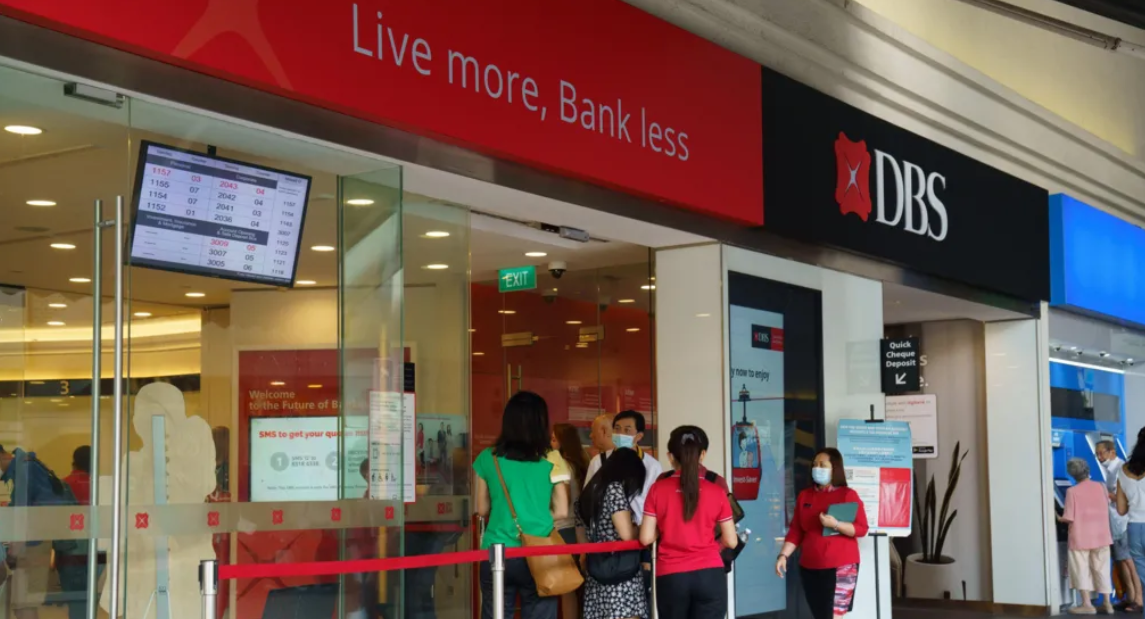DBS, Singapore’s largest bank, has announced plans to reduce its workforce by approximately 4,000 positions over the next three years as artificial intelligence (AI) increasingly takes over tasks previously handled by humans.
The job cuts will primarily affect temporary and contract workers, and the reduction will occur through “natural attrition” as projects come to an end. Permanent employees will not be impacted by the layoffs.
The bank’s outgoing CEO, Piyush Gupta, also mentioned that DBS plans to create around 1,000 new AI-related roles, making it one of the first major banks to provide insight into how AI will reshape its operations.
DBS, Singapore’s largest bank, has revealed plans to cut approximately 4,000 temporary and contract roles over the next three years as AI takes on more tasks previously done by humans. The reductions will come through “natural attrition” as these roles, associated with specific projects, are completed. The bank’s spokesperson clarified that permanent employees would not be affected by the job cuts.
Currently, DBS employs between 8,000 and 9,000 temporary and contract workers and around 41,000 people in total. Over the past decade, the bank has been developing AI, and it currently uses more than 800 AI models across 350 use cases. It is expected that these AI applications will generate over S$1 billion (about $745 million) in economic impact by 2025.
Piyush Gupta, the outgoing CEO, noted that AI would reshape various aspects of the bank’s operations before he steps down at the end of March, with current deputy chief executive Tan Su Shan set to succeed him.
The increasing adoption of AI technology is raising both its potential benefits and risks. The International Monetary Fund (IMF) has stated that AI could affect nearly 40% of jobs globally, with the IMF’s managing director Kristalina Georgieva warning that AI may worsen inequality. On the other hand, Andrew Bailey, Governor of the Bank of England, emphasized that while AI carries risks, it also holds great potential, and humans will adapt to working with the technology.













